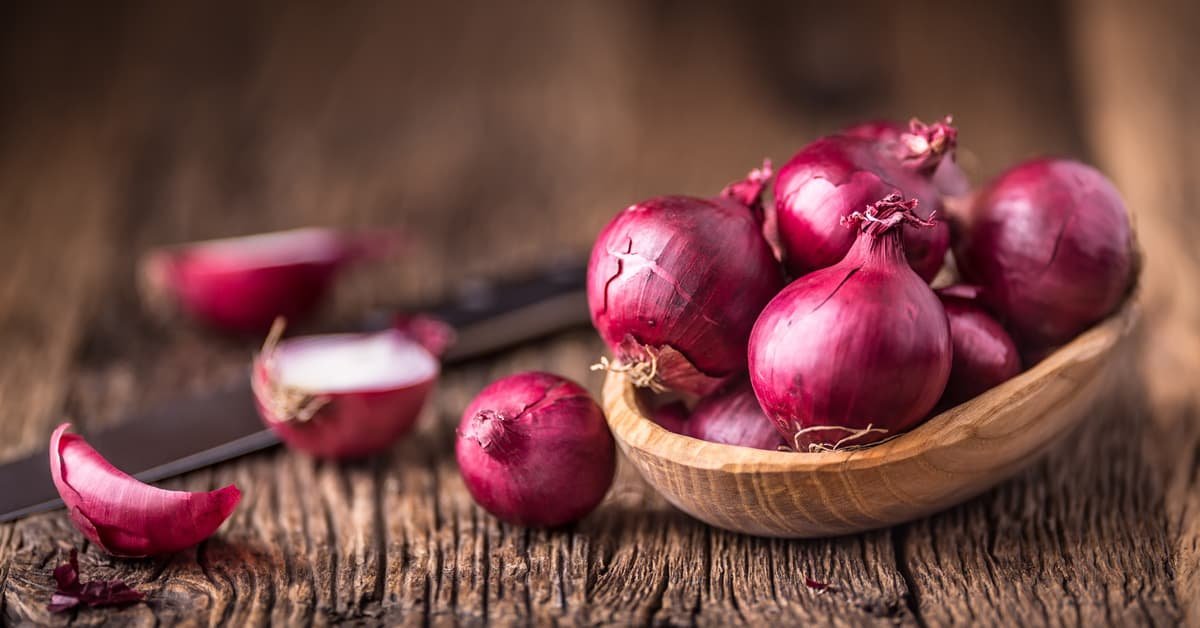Project INROAD covers 1.25 lakh hectare of Natural Rubber plantation in North East
The share of North East in India’s area under NR plantation before the launch of the INROAD project was 23%
The Natural Rubber (NR) plantation in the North East, part of the INROAD (Indian Natural Rubber Operations for Assisted Development) project for FY2024-25, has been successfully completed. Over the first four years of the project, an area of 125,272 hectares (ha) has been dedicated to new NR plantations, encompassing 94 districts in the North East and parts of West Bengal. This achievement represents one of the highest levels of NR plantation ever accomplished in the country within a four-year timeframe. INROAD is a significant and pioneering initiative, being the first of its kind globally where the tyre industry actively contributes to the development of rubber plantations. The project’s goal is to develop 200,000 ha of rubber plantation in the North Eastern states and West Bengal, with financial support from four members of the Automotive Tyre Manufacturers Association (ATMA): Apollo, Ceat, JK, and MRF. The implementation of the project is overseen by the Rubber Board of India.
Rajiv Budhraja, Director General of ATMA, highlighted that despite facing challenges, project INROAD has successfully achieved nearly 90% of its plantation target within the first four years. In addition to expanding planting areas, the project has made substantial advancements in enhancing local nurseries and developing the capabilities of growers. This progress serves as a testament to the collaborative endeavors of tire companies and the Rubber Board of India, as emphasized by Budhraja.
Over the last four years, the project has distributed a record 5.3 crore planting materials to various areas. The project has specifically targeted resource-deprived populations in the designated states, focusing on engaging farmers with land holdings of less than one acre. Upon completion, the project is expected to significantly improve the economic and social status of 2.5 lakh beneficiaries.
Before the launch of the INROAD project, the share of North East in India’s area under NR plantation was 23%. Upon achieving the objective of developing plantations in an additional 2 lakh hectares under the INROAD project, it is estimated that the share of NE states will increase to 38%. Likewise, the share of North East in India’s NR production is projected to rise from the current 16% to 32%.
The share of North East in India’s






